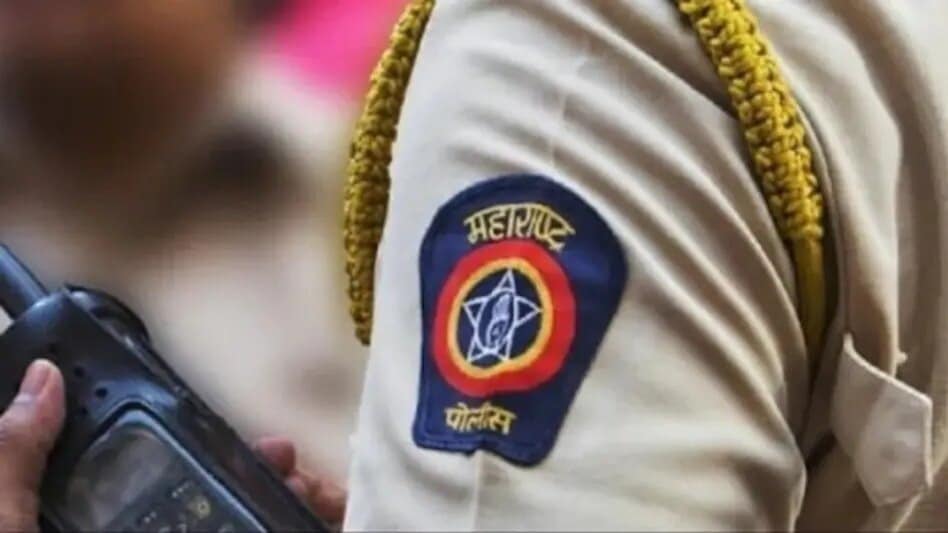The Mumbai unit of the Directorate of Revenue Intelligence (DRI) has conducted a major operation against e-waste smuggling, seizing illegally imported electronic goods worth approximately ₹23 crore. This special campaign was named ‘Operation DigiScrap’. During this operation, a director of a Surat-based company and the mastermind of this racket were arrested.
The DRI investigation revealed that these old and used laptops, CPUs, motherboard chips, and other electronic items were smuggled into India by concealing them under the guise of ‘aluminum treat scrap’. The goods were found in four containers that arrived at Nhava Sheva Port. Each container had large quantities of old electronic equipment hidden behind some layers of declared aluminum scrap.
During the operation, DRI officials seized 17,760 old laptops, 11,340 mini or barebone CPUs, 7,140 processor chips, and other electronic components. The total value of all these items is estimated at approximately ₹23 crore. All goods were seized under Section 110 of the Customs Act, 1962.
According to government policies, the import of old or refurbished electronic goods is prohibited in India. This ban is enforced under the Foreign Trade Policy 2023, E-Waste (Management) Rules, 2022, and Electronics and IT Goods (Compulsory Registration) Order, 2021. These rules mandate compliance with BIS safety and labeling standards for all electronic products.
According to government policy, such prohibited goods are either re-exported or destroyed from usable condition and disposed of as scrap.
The DRI stated that the trader from Surat who orchestrated this illegal import was the main mastermind of this entire network. He had executed the entire process of planning, purchasing, financing, and transporting these containers for smuggling. The accused has been arrested and sent to judicial custody.
The DRI said that this operation is a significant step toward protecting the country from hazardous e-waste dumping. E-waste not only poses serious threats to public health and the environment but also harms the domestic electronics industry, which is affected by such illegal imports.
Nhava Sheva Port
Nhava Sheva Port, officially known as Jawaharlal Nehru Port, is India’s largest container port located near Mumbai. It was commissioned in 1989 to relieve congestion from Mumbai Port and is a critical hub for international trade. The port is named after India’s first Prime Minister and plays a vital role in the country’s maritime economy.
Customs Act, 1962
The Customs Act, 1962 is not a physical place or cultural site, but a comprehensive Indian law that governs the levying of customs duties on imports and exports. It was enacted by the Parliament of India to consolidate and amend the laws relating to customs, replacing the earlier Sea Customs Act of 1878. This legislation provides the legal framework for the regulation of goods across India’s borders and is enforced by the Indian Customs Department.
Foreign Trade Policy 2023
“Foreign Trade Policy 2023” is not a physical place or cultural site, but a strategic policy framework announced by the Government of India. It is a five-year policy (2023-2028) designed to boost the country’s exports and integrate with global supply chains. Its history is rooted in previous trade policies, with the 2023 version focusing on initiatives like promoting the Indian Rupee in international trade and supporting emerging sectors.
E-Waste (Management) Rules, 2022
The E-Waste (Management) Rules, 2022 are updated environmental regulations in India that supersede the 2016 rules to more effectively address the growing challenge of electronic waste. They expand the range of regulated electronic goods and introduce a digital framework called EPR (Extended Producer Responsibility), making producers more accountable for the entire lifecycle of their products, including environmentally sound disposal and recycling. These rules aim to formalize and improve the e-waste recycling ecosystem, reducing the environmental and health hazards associated with informal and unsafe processing methods.
Electronics and IT Goods (Compulsory Registration) Order, 2021
This is not a place or cultural site, but a regulatory framework. The Electronics and IT Goods (Compulsory Registration) Order, 2021 is an Indian government regulation that mandates the registration and safety certification of specified electronics and IT goods before their sale and import. It was introduced to ensure product safety, reduce the sale of substandard items, and protect consumers from potential hazards like electric shock and fire risks.






